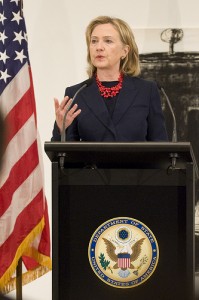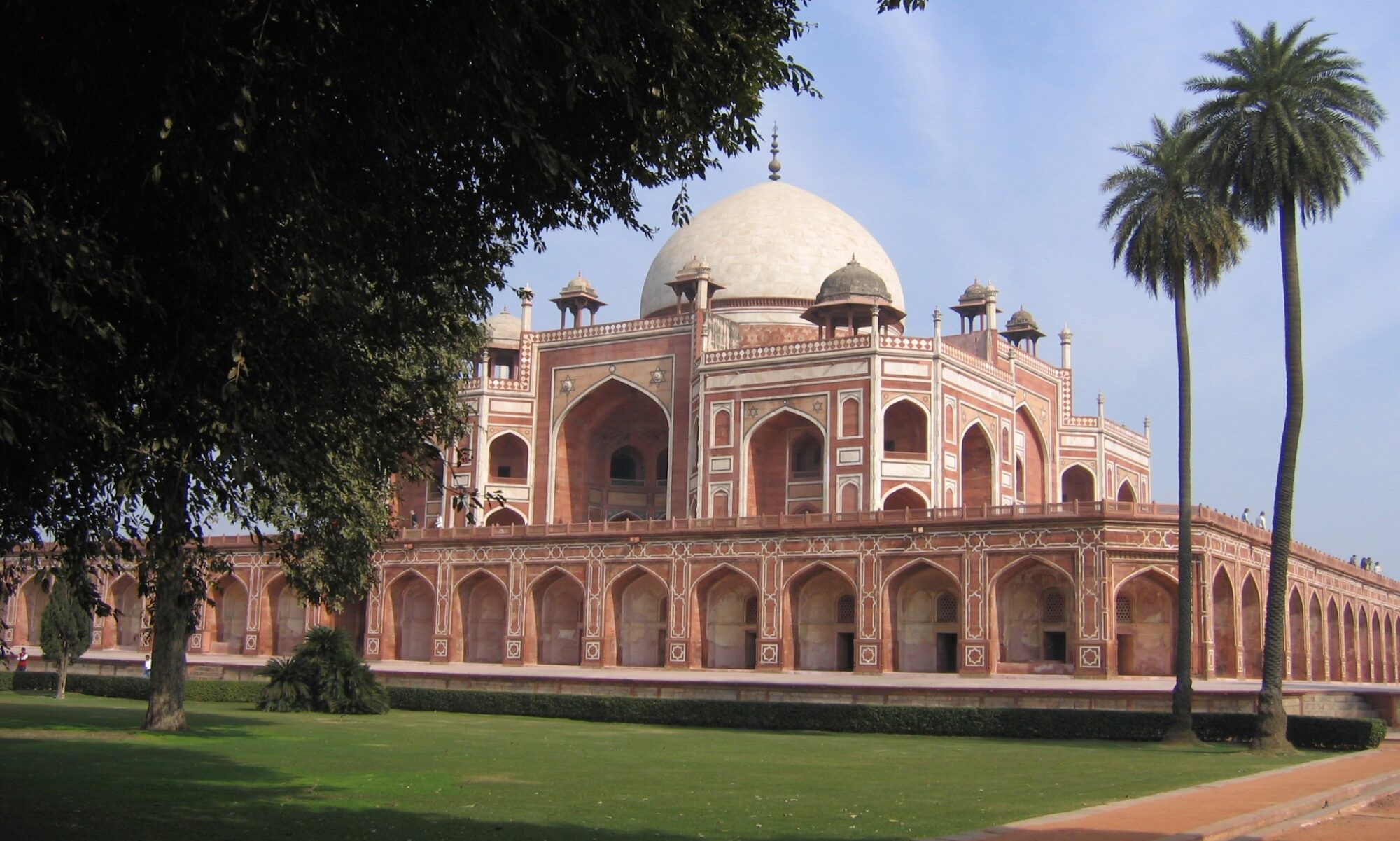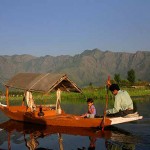
May 11, 2012: After the tumult that surrounded her visit to Beijing, when Chinese dissident activist Chen Guangcheng’s defection stole center stage, Secretary of State Hillary Clinton’s 20-hour stopover in Dhaka must have been a welcome change of scene. The visit provided a highly successful public diplomacy spotlight on U.S.-Bangladesh relations and showed Hillary Clinton at her most engaging. It also provided an opportunity for quiet discussions about some of the problems that are likely to intensify as Bangladesh navigates an increasingly turbulent and controversial pre-election period. Continue reading “Hillary Clinton’s Whirlwind Visit to Bangladesh”





